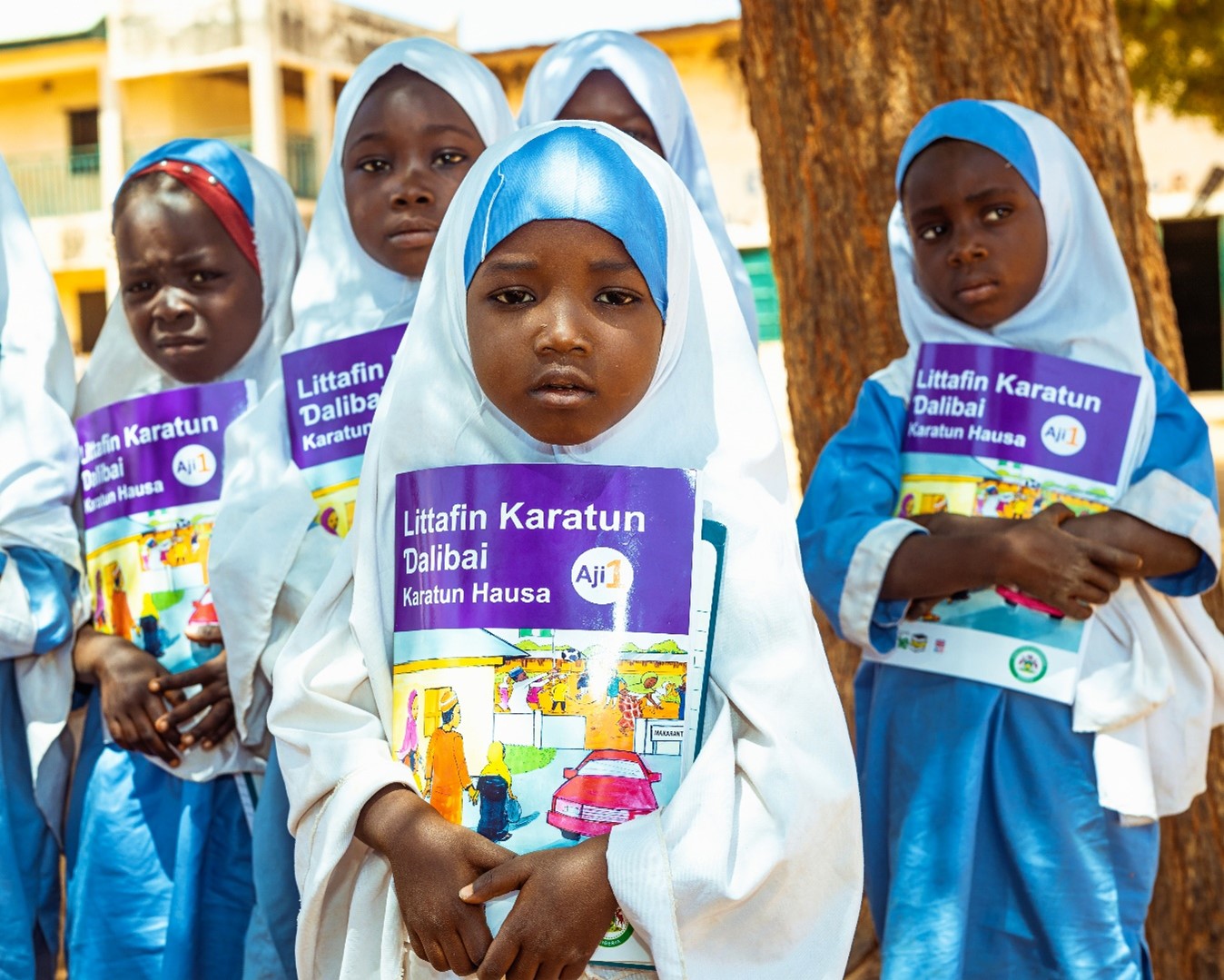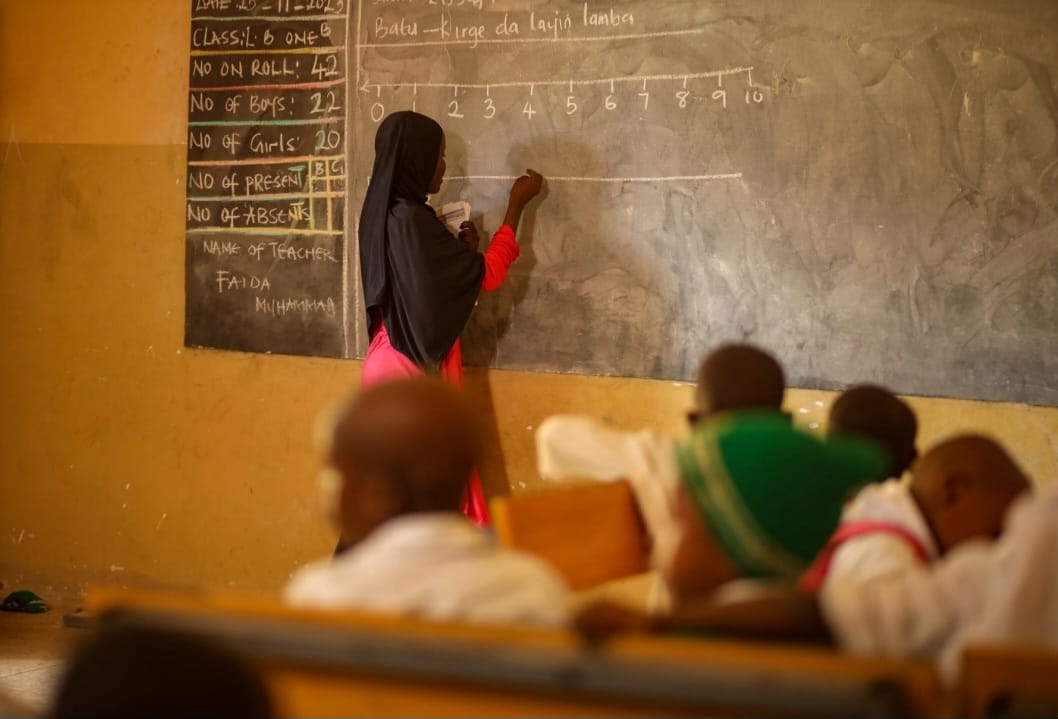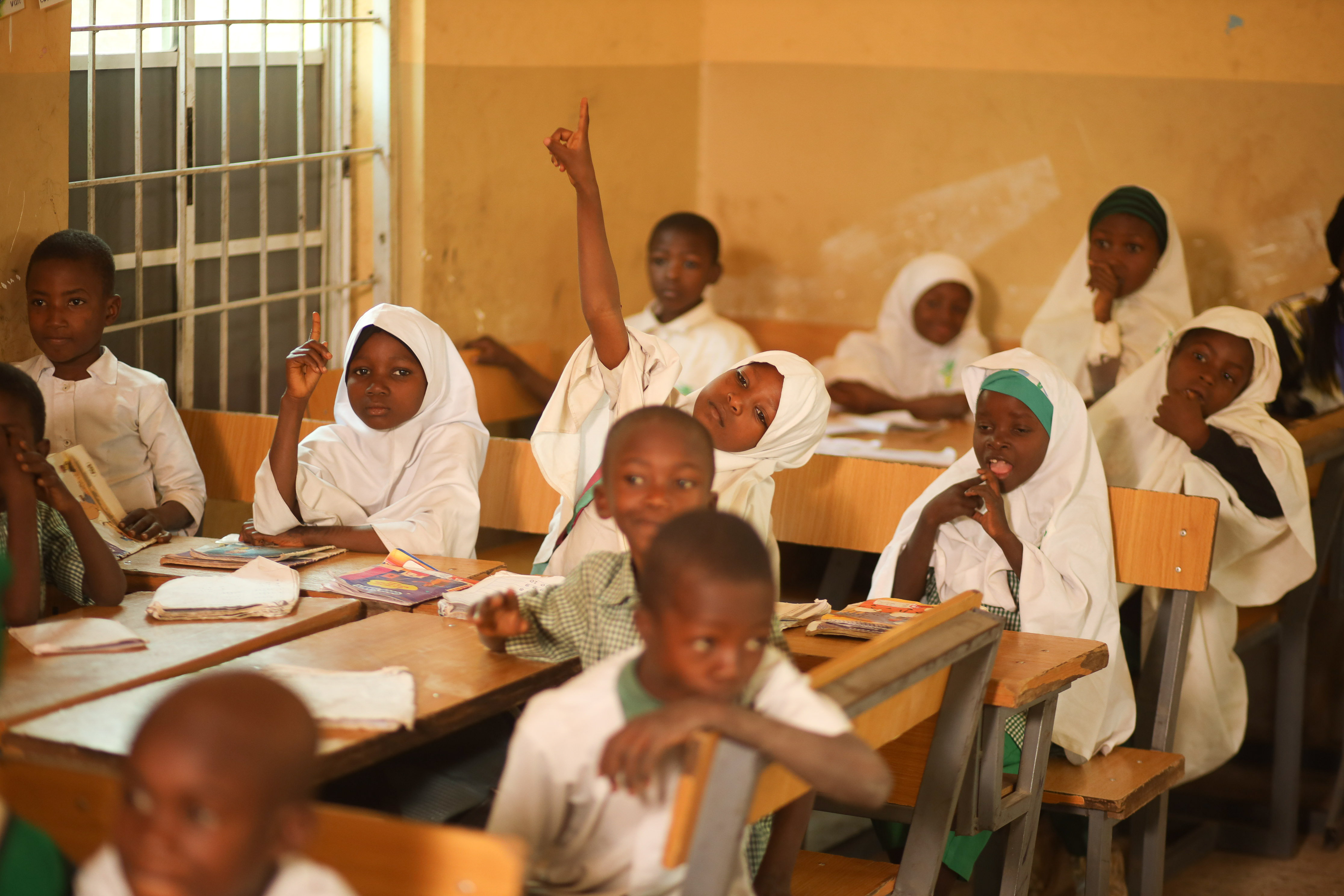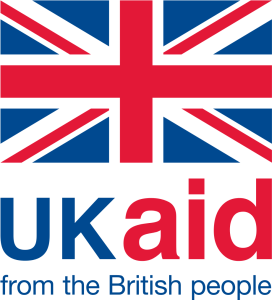
PLANE’s Teaching and Learning Approach in Foundational Literacy and Numeracy
Foundational skills of reading, writing and mathematics set children on the path to success and lifelong learning. Yet, despite the recommendation by the United Nations that every child should have these skills by the age of 10, almost 90 per cent of children in sub-Saharan Africa are lagging behind. In Nigeria, about 70% of children have difficulty reading or understanding simple text (UNICEF, 2022).
With millions of children out-of-school in Nigeria, many of those currently in school are also not learning as they should. About half of those who attend primary schools, which is constitutionally compulsory and free, do not achieve basic proficiency in literacy and numeracy. In the northern part of the country, the percentage drops even further, with only 10% of 7–14-year-olds in the Northwest and 12% in the Northeast able to read. The learning crisis in Nigeria is fueled by many factors, including overcrowded classrooms, lack of competent teachers, shortage of learning materials in schools, and poor infrastructure. In this paper, we explore how the FCDO-funded Partnership for Learning for All in Nigerian (PLANE) programme is transforming foundational skills education in target states through the adoption of evidence-based instruction and learning materials, ongoing monitoring, and community support.














